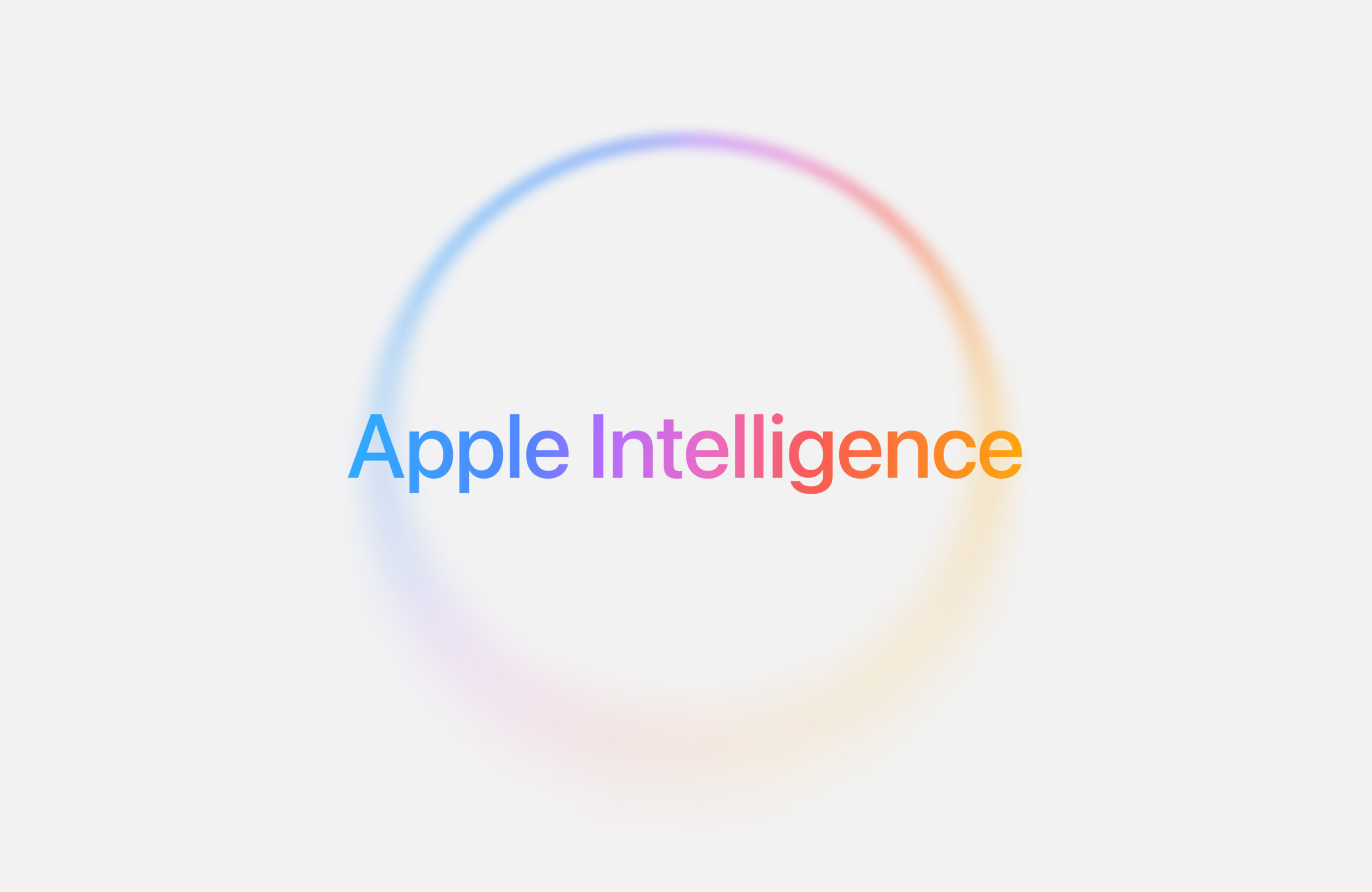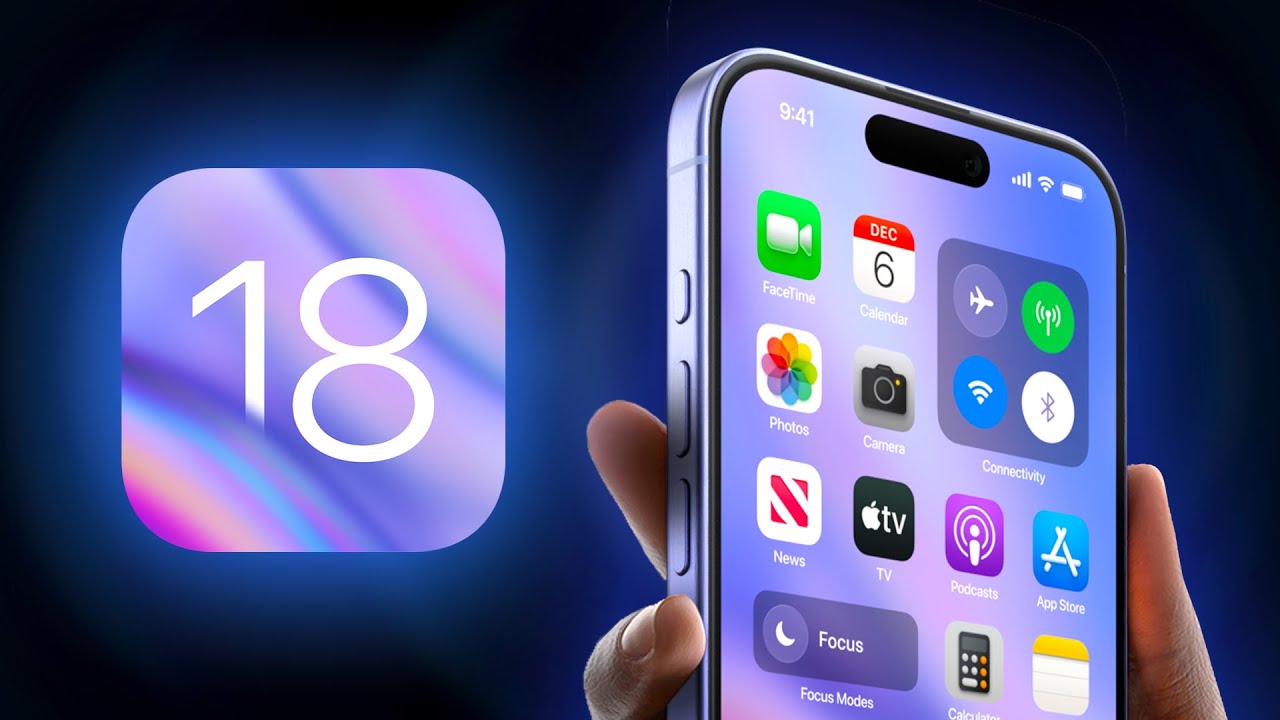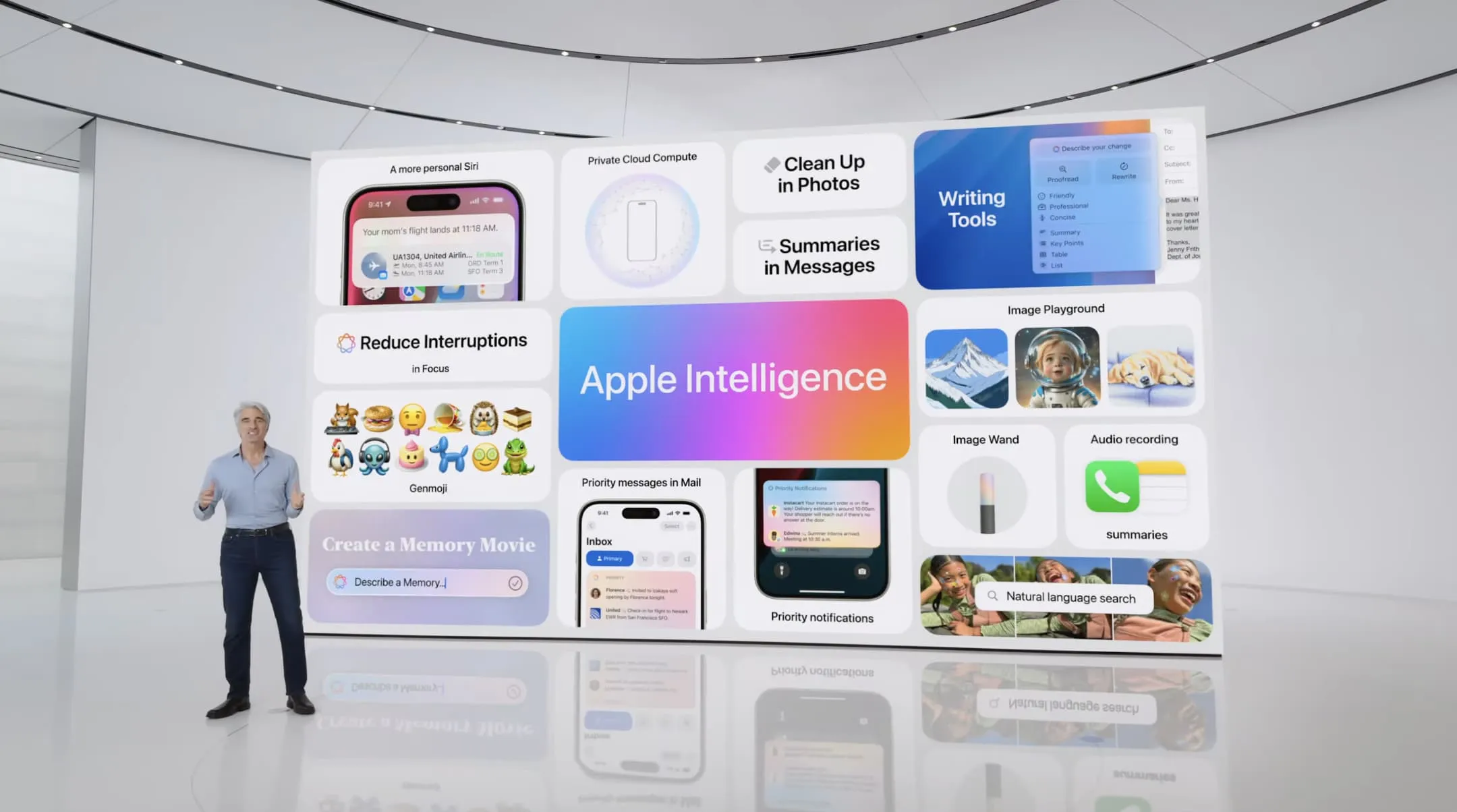Apple Intelligence is the name for a bunch of smart, AI-driven tools that work on iPhone, iPad, Mac, and soon Vision Pro. These features have popped up in updates like iOS, iPadOS, and macOS, making your devices work in fresh, exciting ways. Here’s a simple rundown of what’s available now, plus a peek at what’s on the way.
First Up: iOS 18.1 Brings Writing Help, Photo Tricks, and More
- Writing Help: Fix mistakes, rephrase sentences, or tweak your text anywhere on your device.
- Photo Clean-Up: Easily erase stuff you don’t want in your pictures.
- Memory Movie Maker: Tell it what you want, and it’ll whip up a video from your photos.
- Smart Photo Search: Find the exact pics or videos you need with better search.
- Notification Highlights: Get short, useful summaries of your alerts.
- Siri Boost: Siri’s smarter now—better answers, a fresh look, a smoother voice, and you can even type to it.
- Top Emails First: Your most urgent emails jump to the top.
- Quick Replies: Get handy reply suggestions in Mail and Messages.
- Email and Chat Summaries: See short recaps of conversations instead of scrolling forever.
- Focus Mode Upgrade: Block distractions but let big stuff through with smarter alerts.
Next: iOS 18.2 Adds Fun Stuff Like Genmoji and Image Tools
- Genmoji: Create your own emojis for any app.
- ChatGPT with Siri: Siri teams up with ChatGPT for extra smarts, or you can ask ChatGPT directly.
- Image Playground: Make cool AI pictures in cartoon or drawing styles.
- Visual Smarts: Point your camera at something and get info about it.
- Image Wand: Turn doodles into pretty artwork in Notes.
- ChatGPT Writing: Let it write fresh text for you in any app.
Coming in iOS 18.3: Smarter Visual Tools
- Poster to Calendar: Snap a flyer and add the event to your schedule.
- Nature ID: Figure out what plants or animals you’re looking at.
Soon in iOS 18.4 and Beyond
The iOS 18.4 beta (out in April) might tweak these, but here’s what’s testing now:
- Key Alerts: Important notifications stand out on your Lock Screen.
- More Image Styles: Add a sketch look to your AI-made pics.
- Vision Pro Joins In: Apple Intelligence hits Vision Pro with visionOS 2.4.
Final Thoughts
Apple’s just warming up with these AI goodies. Expect more surprises at WWDC in June for iOS 19. Love it or not, these tools will keep changing how you use your gadgets as they grow smarter and blend into your daily life.




